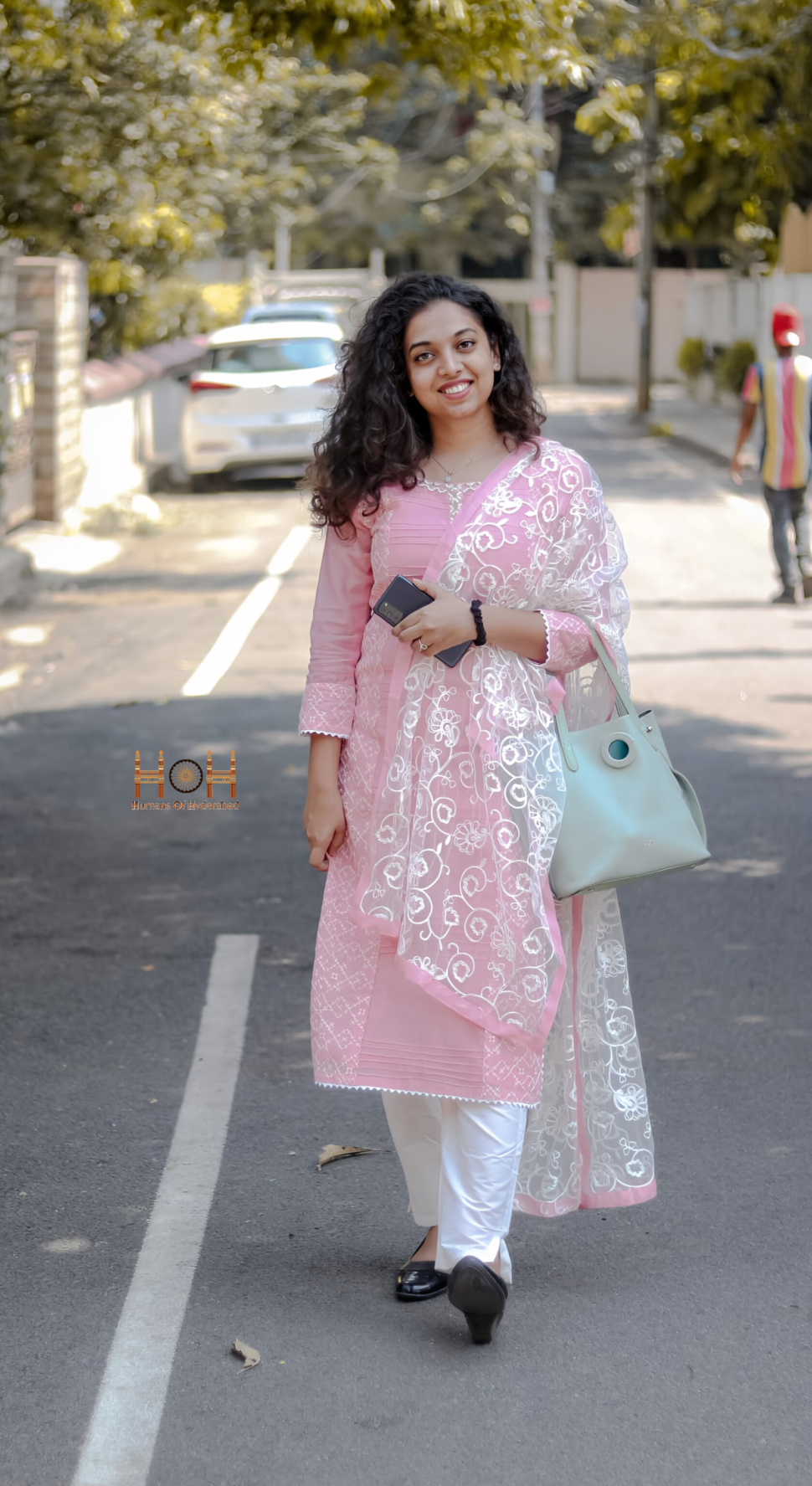“I grew up in Karimnagar, though my roots trace back to a small village called Vedira. Our family had long settled in Karimnagar, my father was into politics and civil contracting, and while today my mother is the Chairperson of the Women’s Commission, our background has always been humble. Most of my extended family still works in agriculture or runs small, unstructured businesses.
Even as a kid, I was curious. Always asking “why not me?” I was into karate, I loved reading, and I was that kid who found inspiration in newspaper stories, especially those Sunday editions in Eenadu, filled with young achievers doing extraordinary things. I’d circle the ones that resonated with me, look up from the page, and think, If they can, why can’t I?
I started my business journey when I was just 18. Back then, it wasn’t Kanuka Organics, it was something called Kanuka Gifts.
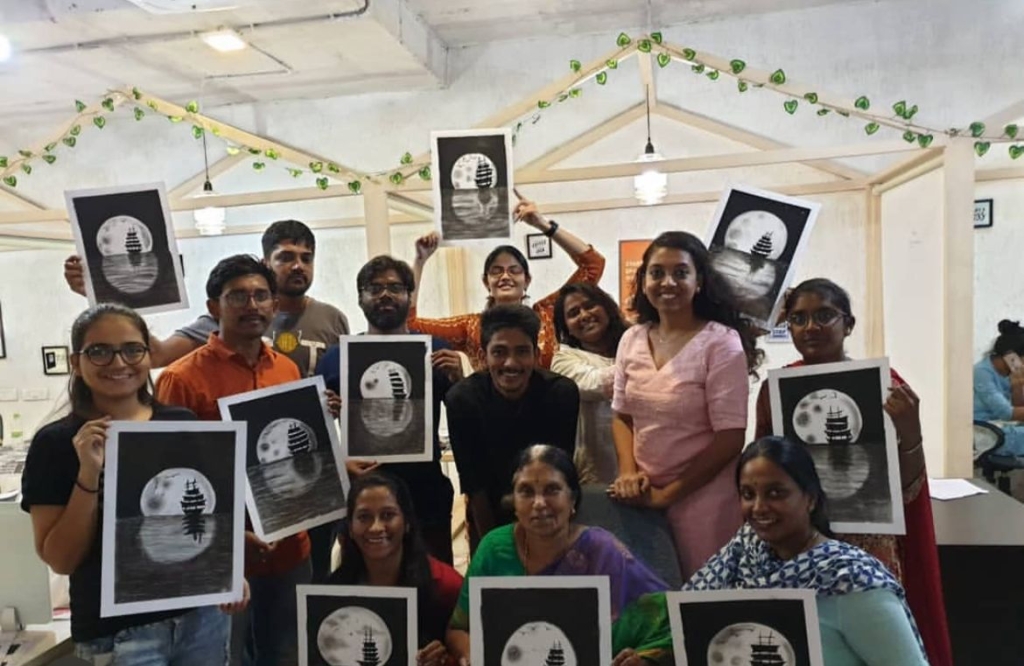
I was still in college, and with weekends free, I felt this itch to create. I’ve always been that kind of person, restless when I’m not building something.
Growing up, I was surrounded by artists and craftspeople. I used to spend hours thinking about how something simple could be turned into something beautiful. So, I teamed up with a few artist friends and began selling handmade gifts through Instagram. That’s how Kanuka Gifts was born.
For the next three years, while I pursued my bachelor’s degree, I poured my heart into it. The venture grew beyond anything I had imagined. At its peak, I was able to employ three to four artists, each earning an income that truly reflected the value of their craft. For 2019, that was no small feat. We even organised art exhibitions and workshops. It wasn’t just a side hustle anymore, it was a small, thriving ecosystem.
But as time went on, I had to make a tough call. When I decided to start a manufacturing unit, I realised I couldn’t give both ventures my full energy. I chose to pause Kanuka Gifts. But it was through that experience that I discovered something deeper: I wasn’t just passionate about art—I was passionate about building. About selling. About creating value. I realised business was what I truly loved.
My undergraduate degree was in Digital Techniques in Designing and Planning (DTDP) from Jawaharlal Nehru University, under the University of Fine Arts and Architecture. It was this rare mix of IT, multimedia, and architecture, and it gave me a unique lens to approach business and design. After graduation, I pursued a PG Diploma in Entrepreneurship from the Pune School of Midas.
But the real seed for Kanuka Organics came from something much older, something in my blood.
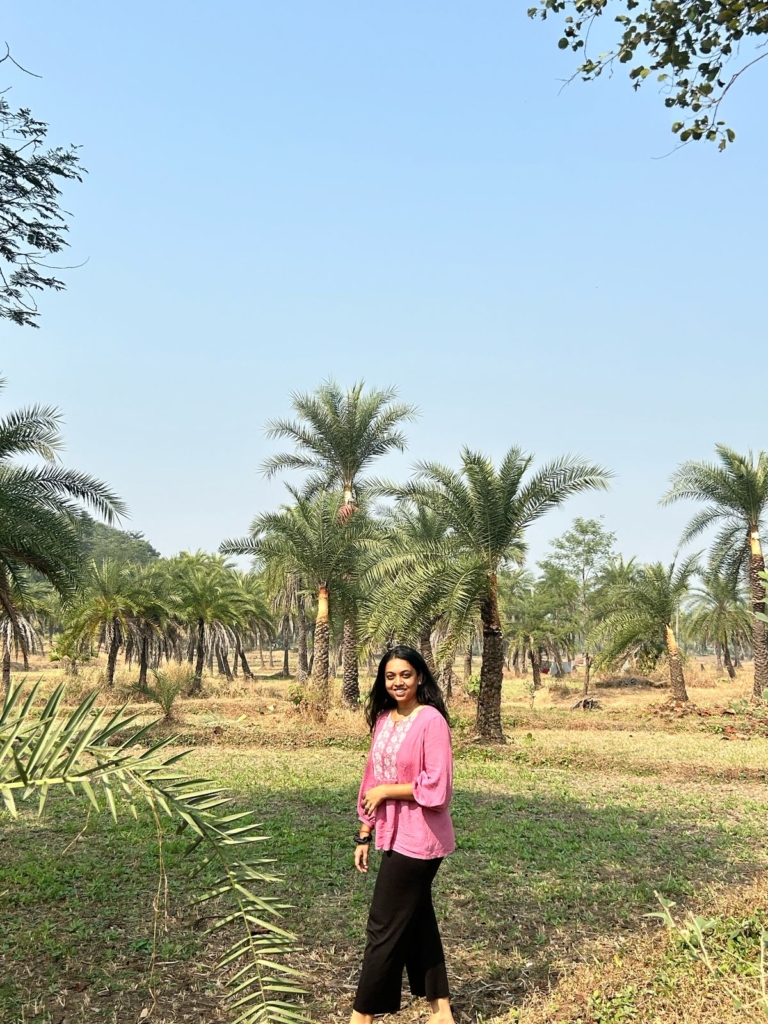
My family belongs to the toddy-tapping community, the Gouds. My grandmother used to tell me stories of how our people sold toddy in Mumbai. Even today, in our village, you’ll find relatives still climbing palm trees, collecting toddy in earthen pots. It’s a dying tradition, not because people don’t respect it, but because there’s no future in it anymore. No financial security. No continuity.
That hit me hard. I didn’t want to be another generation that let it disappear.
I didn’t want to sell toddy on the roadside, but I knew there had to be a way to preserve this heritage and give it new life. That’s where the idea of Kanuka Organics was born: a brand rooted in our traditions but built for the modern world.
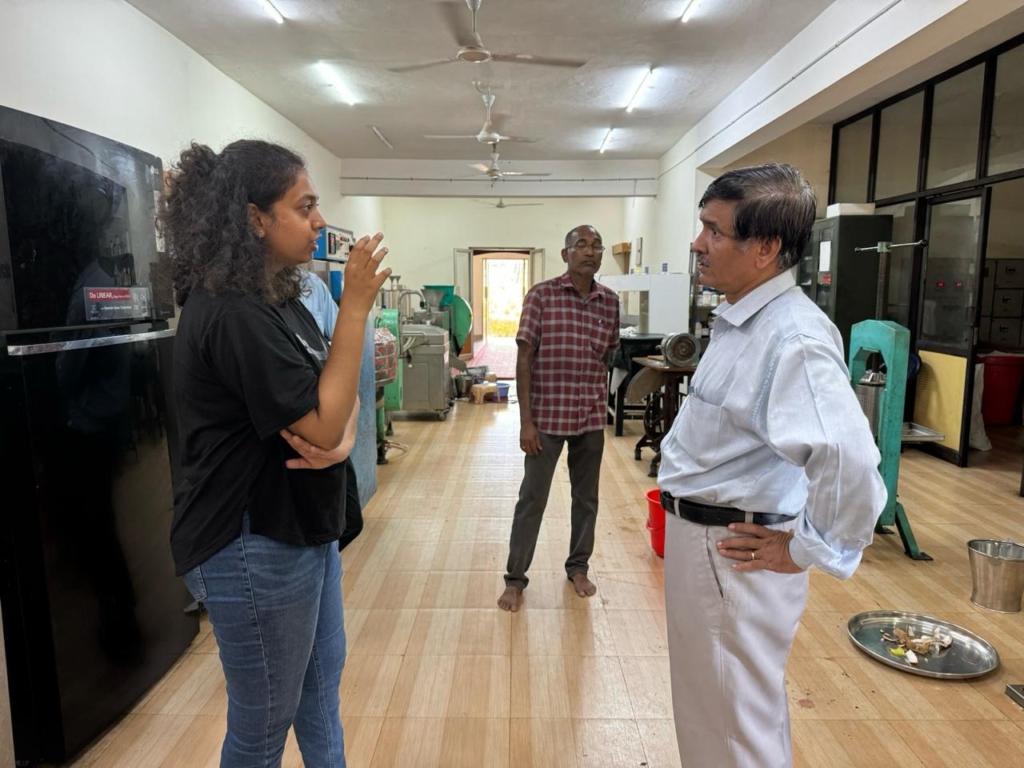
I started researching how toddy could be preserved, processed, or repurposed. That’s when I stumbled upon Neera, the unfermented version of toddy. If collected properly and on time, Neera can be boiled into palm jaggery and syrup, two products that are nutritious, vegan, and carry a legacy that’s centuries old.
Before I even launched Kanuka Organics, I spent three years researching. I visited a small unit in Andhra Pradesh. The owners warned me, “This is hard work. You’ll have to wake up at 3 AM. You’ll be in the jungle. It’s not worth it.” But I knew I needed to learn everything, the good, the bad, and the ugly.
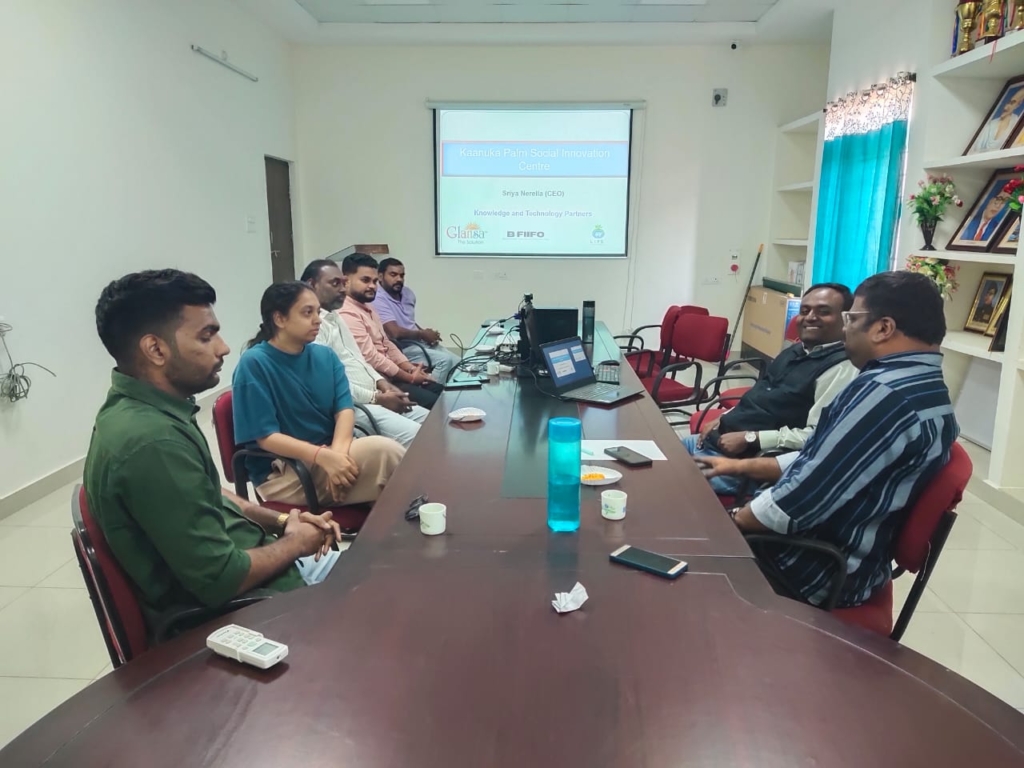
I got trained at CPCRI in Kerala, one of the few institutions that actually supported me. They helped develop an SOP for making palm jaggery from Neera. I was even able to tweak machinery with their guidance.
I eventually found a place to set up the unit, but not in Telangana. The irony is, even though this is my home, I didn’t find the raw materials or support I needed here. So, I moved to Dahanu, in Maharashtra. I didn’t know a single soul. My Hindi was average. The local train system was confusing. My mother was scared; people said the place was dangerous. But the moment I visited, something clicked.
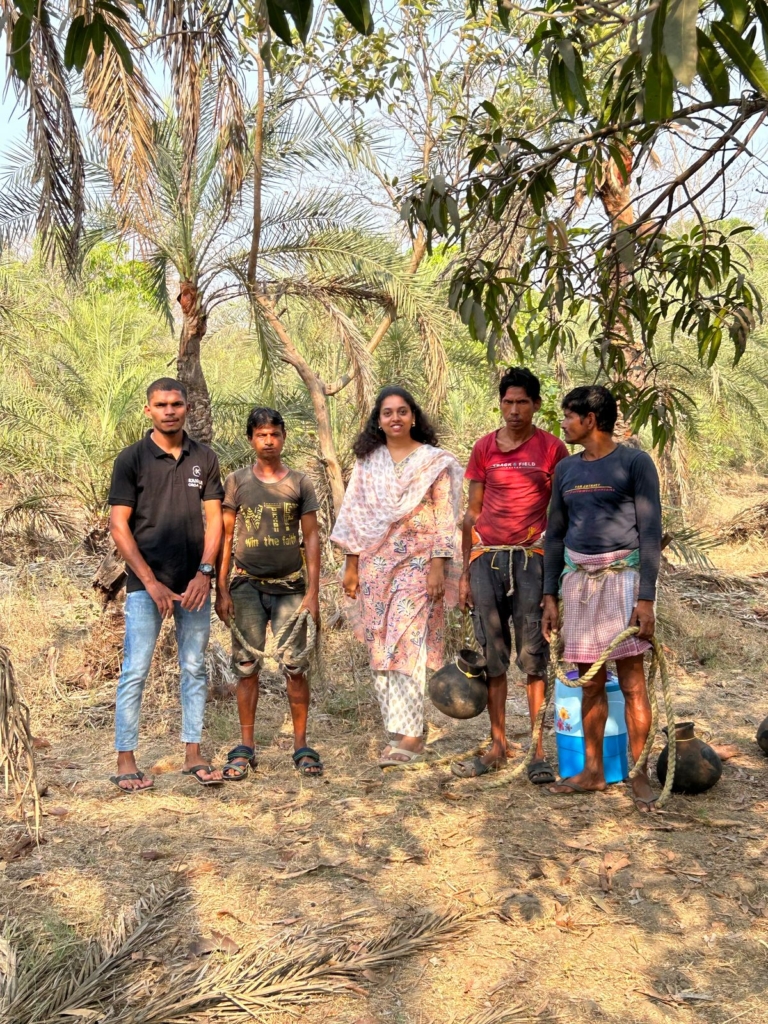
I started meeting locals, just walking into shops, striking conversations, visiting homes. And the warmth I received reminded me of Karimnagar. They made me feel safe. They made me feel like I belonged.
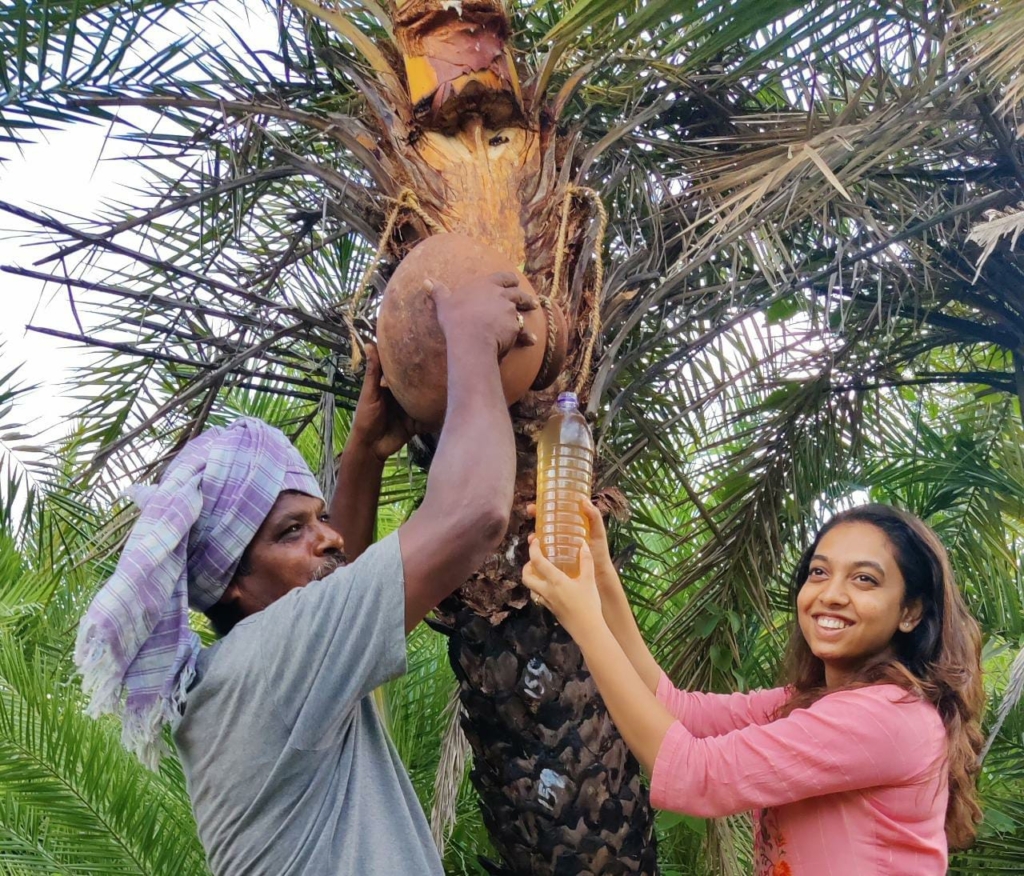
Still, convincing the toddy tappers to shift from toddy to Neera collection was a whole new battle. Toddy sells easily, it’s familiar. Neera? It’s delicate. It ferments if not handled properly. But I’m working with them, training, building trust, showing that there’s a future in this shift.
The process is no joke. You tap the tree in the evening, tie the pot, and collect the Neera between 3 and 5 AM. If the sun rises, it’s too late, it ferments. We boil it immediately, turn it into syrup or jaggery.
It’s pure, it’s rich, and it holds the story of a tree, a community, and a culture.
Getting the factory up and running wasn’t smooth either. My PMEGP loan was approved but stuck for months. I had to escalate it three times to the collector. Meanwhile, I had already bought machines, rented a space, and was bleeding money. That year was one of the hardest. But finally, in November 2024, we began full-scale production.
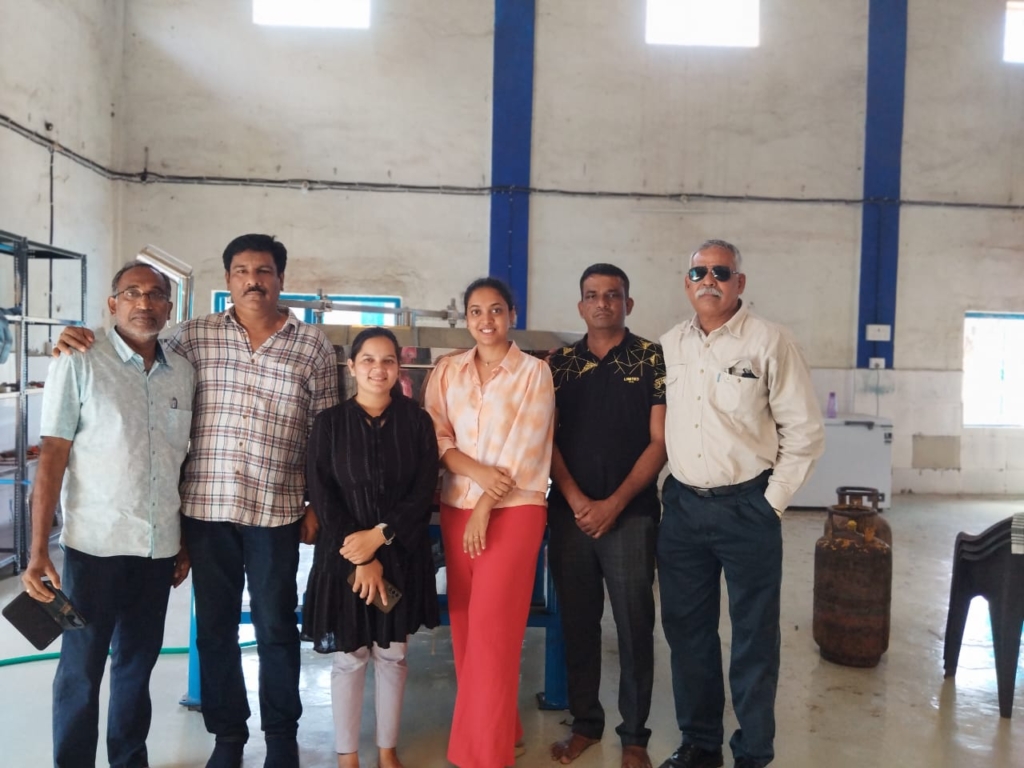
Today, Kanuka Organics has a team of 12 to 15 people. Some are traditional tappers, others are youth from local villages. One of them is now our factory manager. Seeing them grow, seeing their pride, it’s one of the most fulfilling parts of this journey.
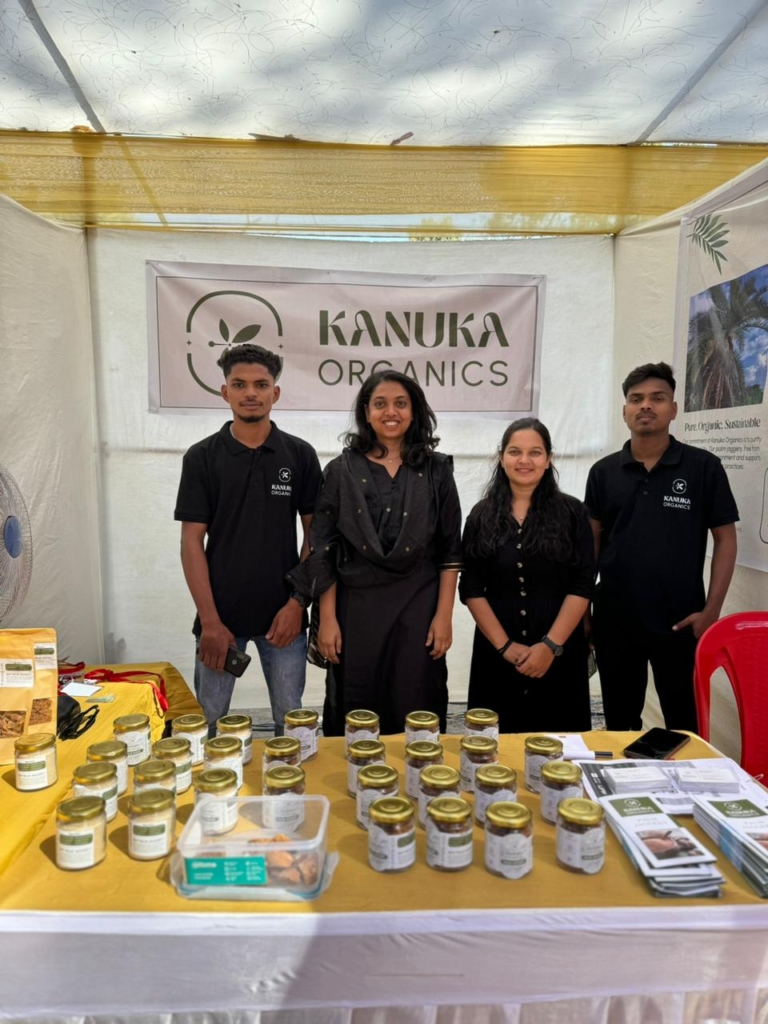
We sell palm jaggery and syrup under our own label and also supply in bulk to other businesses. Soon, we’re planning to launch our website with consumer packs. We’re now exploring ice creams, chocolates, and snacks made with palm jaggery. And yes, one day, I will circle back to that original dream, launching a refreshing, ready-to-drink Neera beverage that’s natural, shelf-stable, and rooted in our land.
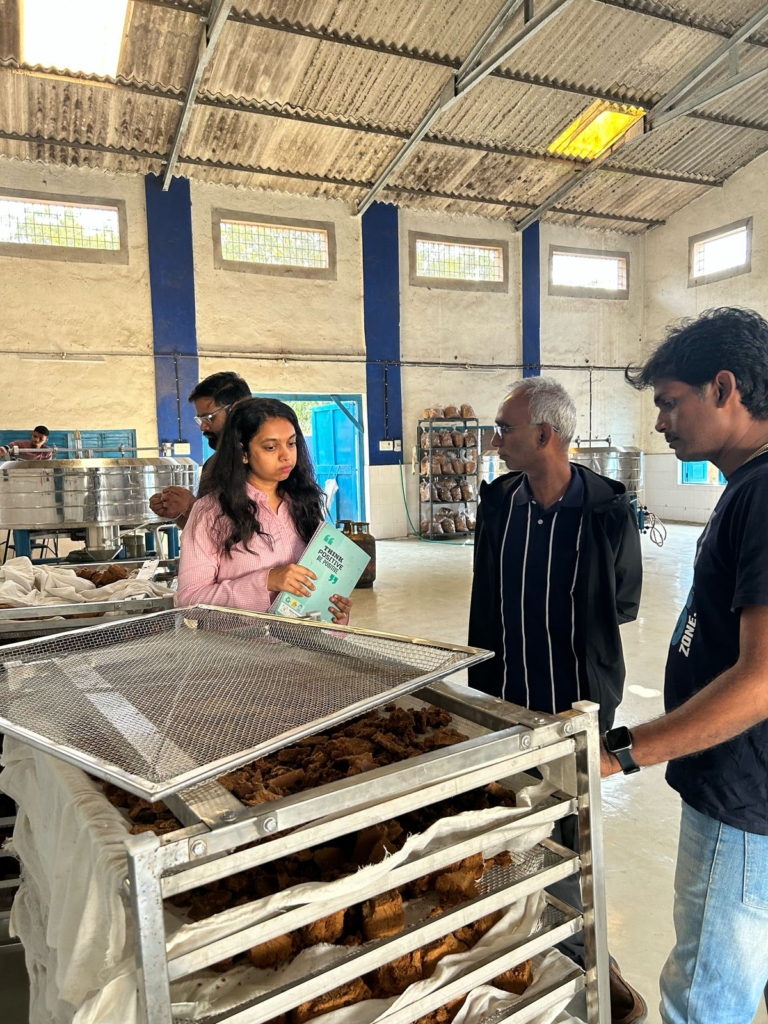

Financially, it’s still tough. Every penny counts. But then, a few weeks ago, someone told me, “My father allowed me to study further even after my graduation because he read about you. He said, ‘If she can do it, so can you.’” That moment meant everything for me.
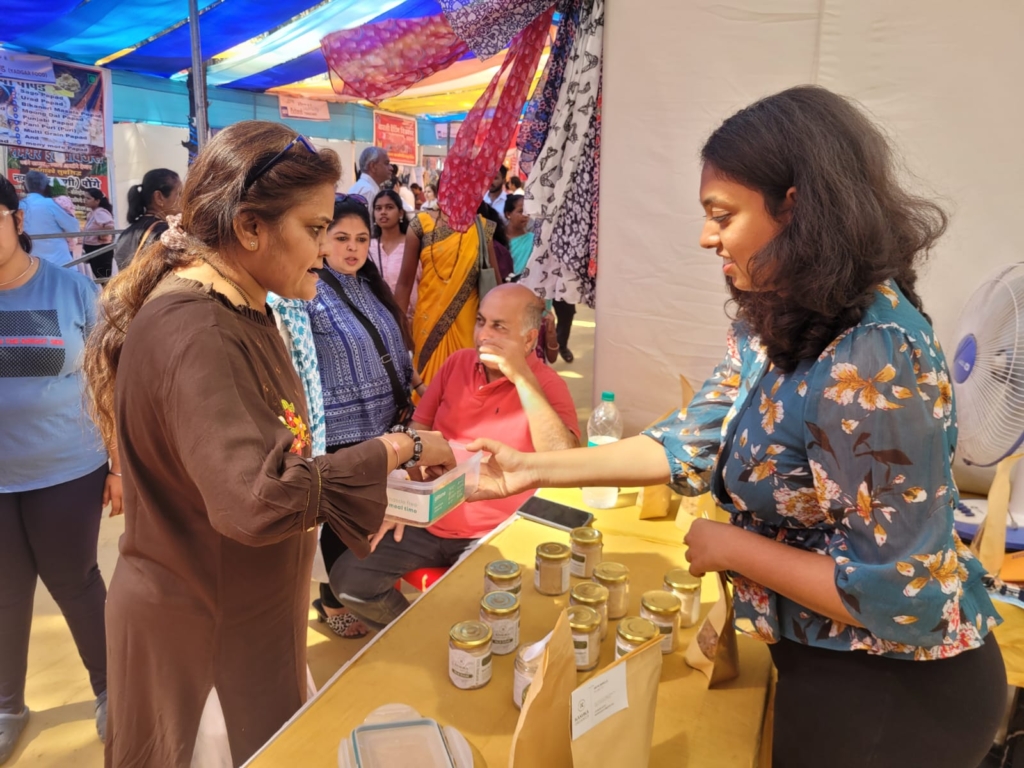
Because I grew up reading about people like that, people who made me believe. And now, I get to be that person for someone else.
If there’s one thing I’ve learned, it’s this: You will never feel “ready.” Start anyway. Build anyway. Trust the process. And most importantly, don’t let your roots die with you. Carry them forward. Give them a new language. A new shape. A new future.
That’s what I’m trying to do. One palm at a time.”
